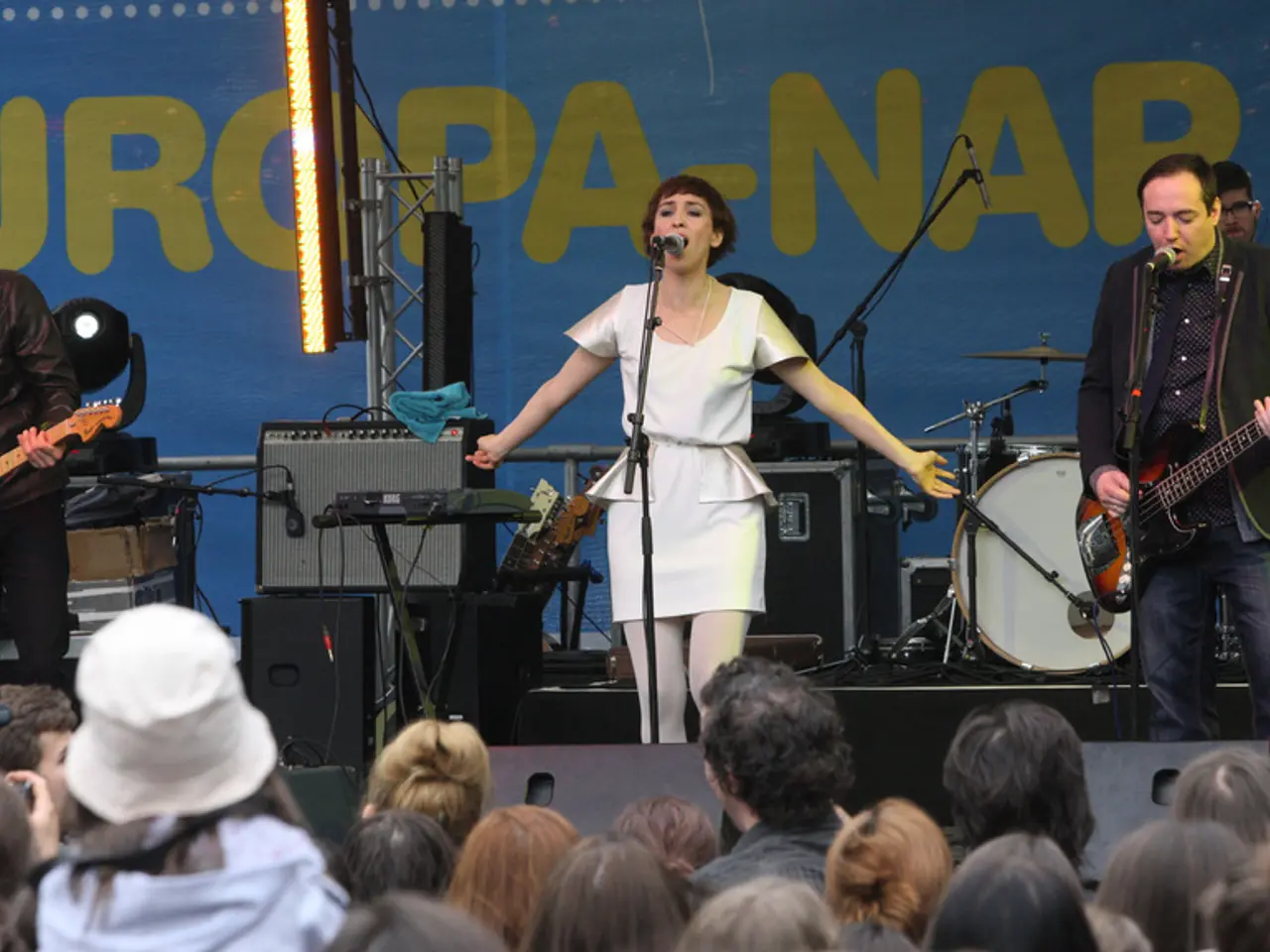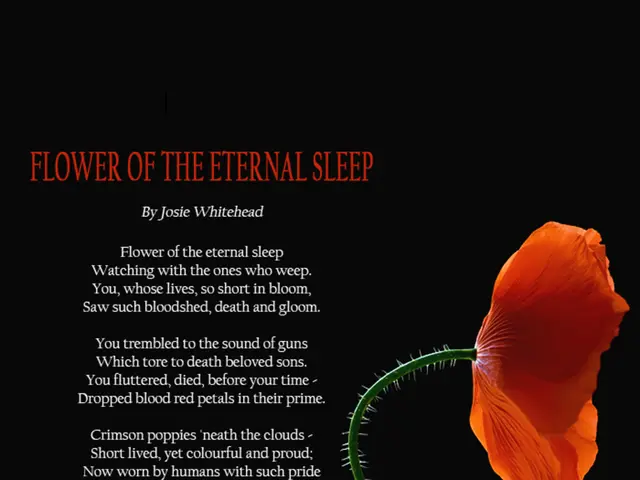Festival powerhouse Eurovision: 5 artists reaching global acclaim through the Contest
In the world of music, the Eurovision Song Contest has been a platform for artists to showcase their talent and reach new heights of success. While winning the contest is undoubtedly a significant achievement, it's not the only path to international stardom.
Take Damiano David, the lead singer of Mañeskin, who launched his solo career with the single "Born With a Broken Heart" in 2024, several years after their victory at Eurovision in 2021. Mañeskin, an Italian band, won the contest with the song "Zitti e buoni," marking Italy's third victory in the European event.
Similarly, Céline Dion, who represented Switzerland at Eurovision in 1988 with the song "Ne partez pas sans moi," won the contest and secured Switzerland's second victory in the European festival. Her victory at Eurovision was a stepping stone to her international fame, making her one of the world's most recognized voices.
However, not all artists who found success through Eurovision were winners. Michael Flatley, for instance, did not compete as a contestant but performed the intermission act "Riverdance" in 1994, which became a global cultural phenomenon independent of winning the contest.
Bonnie Tyler, famous before Eurovision for her hit “Total Eclipse of the Heart,” represented the UK in 2013 and, despite finishing 19th, maintained a lasting international career. Blue, the boy band that was internally selected to represent the UK, gained further international exposure after finishing 11th, building on their pre-existing success.
Even artists who didn't participate in Eurovision have found success thanks to their association with the contest. ABBA, a Swedish group, won Eurovision in 1974 with the song "Waterloo." In 2024, Eurovision paid an emotional tribute to ABBA during the final held in Malmö, Sweden, coinciding with the 50th anniversary of their victory.
Julio Iglesias, another non-winning artist, reached fourth place at the Eurovision Song Contest in 1970 with the song "Gwendolyne." "Gwendolyne" became an international hit and opened doors to European and Latin American markets for Julio Iglesias.
The program "Journey to the Heart of TV - Eurostars" will explore the careers of various artists who became successful after participating in Eurovision, further highlighting the contest's role as a launching pad for artists.
In conclusion, Eurovision has served as an important international stage for artists who did not win but still achieved global recognition, whether by their own later success, pre-existing fame, or iconic performances linked to the event. The contest is especially known for launching careers of winners like ABBA and Julio Iglesias, but it's clear that it has also provided a valuable platform for many other artists.
Read also:
- Today's most impactful photographic moments
- Support for Eric Adams in The Post's Letters to the Editor on August 13, 2025
- Roosting Shark and Rambunctious Red Squirrels: Unconventional House Rental in Yorkshire Involving Aquatic Marvel, Squirrely Mayhem, and Mystical Planning Regulations
- Legal Dispute Dismissed with Humor: Supreme Court Laughs off Another Civil Matter Mislabeled as Criminal Prosecution







